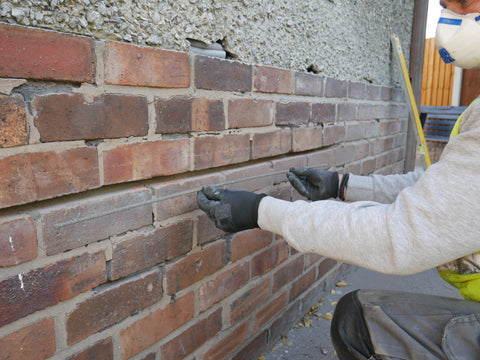Basalt Fibre Reinforced Polymer Bars and Mesh
At Sirch we are constantly looking for new and innovative products which will improve construction methods and reduce construction costs with its new product – basalt composite materials – as a substitute to traditional steel reinforcement. We are now please to be able to bring to market two types of composite materials. Those two being materials from basalt fibre (internationally marked BFRP) and from glass-fibre reinforced plastic (GFRP).
BASALT
- volcanic rock and forms about 30% of Earth’s crust,
- extremely durable and hard material of a fine-grained structure,
- resistant to abrasion and chemicals.
Main benefits of Basalt:
- high tensile strength – basalt fibre strength is comparable to strength of carbon fibre (basalt is 3x stronger than steel, yet 4x lighter)
- thermal conductivity – basalt enjoys low thermal conductivity (100x lower than steel), its usage allows to increase thermal insulation efficiency of walls by up to 35%
- fire resistance – basalt resists high temperatures, in long term up to 700 ºC and in short term up to 1000 ºC (glass fibre composite looses its strength in temperatures above 300 ºC) – actual limit of fire resistance is at least 151 min
- anticorrosive
- electrical resistance
- Resistant to alkaline and chemical substances
- Cohesiveness with concrete – rods covered with silica sand
BASALT and composite
Composite is every material made from at least two main components significantly differing by their physical properties. The material is made from fibre reinforcement and composite binder. The most common composite is made from organic polymer resin and basalt or fibreglass.
PULTRUSION – Production technology
Pultrusion is a “process of continuous reinforcement production of different types, shapes and lengths. The input material is a mixture of liquid resins and fibre reinforcements. The process includes drawing the material through heated steel form. The product is usually coated with quartz sand due to provide excellent adhesion with traditional building materials such as concrete, cement and lime based mortars which is then cut to required length.
